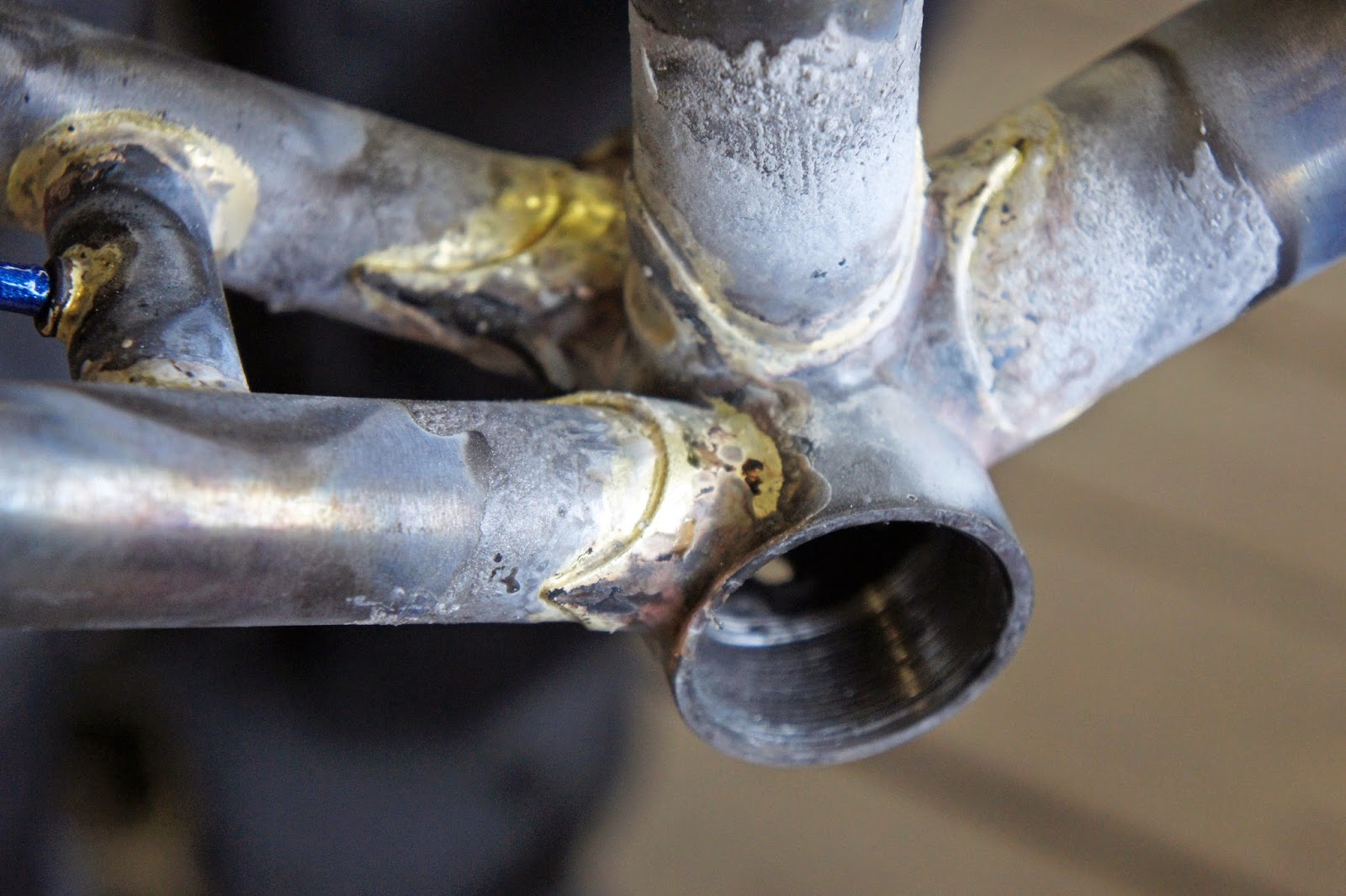A business cum friendly associate once remarked that temping was little more than a heat sink for one’s energies and on many levels, I concur.
However, aside from the obvious cash-injection, it’s often proved a surprisingly good catalyst for creativity. During one gig, I created several characters, which ultimately evolved into a series of children’s stories.
Originally conceived for mine and Joshua’s amusement, I’ve
recently resurrected them with a view to digital self-publication. Despite
promising leads and noises, no animators came forward, thus I’m hunting some
inexpensive, user-friendly cartoon/animation software.
I spotted some CDs white attending a computer fair during my last
midlands’ trip but was deterred by tales of Trojans and similar malware
infections.
Staying with this region, I was stunned Lee Cooper isn’t
undertaking commissions just now. Far from turning off the gas and selling his
Jigs, he’s been drafted in by Pashley cycles to craft their flagship models.
However, while demand remains high for bespoke builds, the global
market place has changed consumer expectations. Increasingly custom builders
are outsourcing construction to the Far East in order to remain
competitive-just as volume producers did during the late 1980s and 90s. This
calls supposed “re-shoring” into question and this trend certainly isn’t
restricted to lightweight bicycles.
Niche classic/restorations markets aside, few consumers are
willing to pay a coachbuilder to engineer, or repair vehicle bodies. Indeed,
panel beaters are increasingly being superseded by body technicians.
A revival
of Fordist production methods also seems underway, judging by a steady trickle
of marques offering any tubing you like, so long as it’s Reynolds 525.
Some folks get decidedly sniffy about less glamorous Cro-moly
tubes, yet in many respects they deliver phenomenal bang for modest buck-ideal
for winter/training and/or everyday riding.
525 was, to my my knowledge, originally conceived in response to modern TIG welded production
methods and is available in a wide variety of diameters/thicknesses. This
obviously lends it to a wealth of cycling genres/ applications, from
lightweight trainer to kitchen sink touring lorry.
In common with its 531 predecessor (which can only withstand non
fusion techniques i.e. brazing/soldering) it has also found favour in
motorcycle frames, sports car chassis and suspension systems. Lowlier 520 is
broadly the same alloy made under licence in Taiwan.
Elsewhere, autumn is in its rich, wet and somewhat windy glory.
Great when ensconced at the keyboard, cooking up or redrafting copy but demands
careful planning to avoid seasonal chills or rechargeable lighting dropping out
unexpectedly.
Rummaging through assorted Perspex boxes resurrected this fabulous
Light N’ Motion blinky and two li-on cells; the latter seem fully compatible
with the One23 Extreme and more powerful Magicshine lamps.
On paper (and indeed asphalt) there’s little call for exceeding
1000 lumens but in practice lends and reflector quality has greater effect upon
useable output. Hence why some 550/600 lumen systems cast a more effective,
useable beam for road, or indeed helmet mounted trail duties.
Experimenting with two Extreme Bright lamps (battery packs
nestling bat fashion at opposite ends of the top tube) technically means 2000
lumens at my fingertips but identical beam patterns with minor imperfections
are less useable than intelligent systems combining spot and flood, whether
singularly or via two separate lamps.








